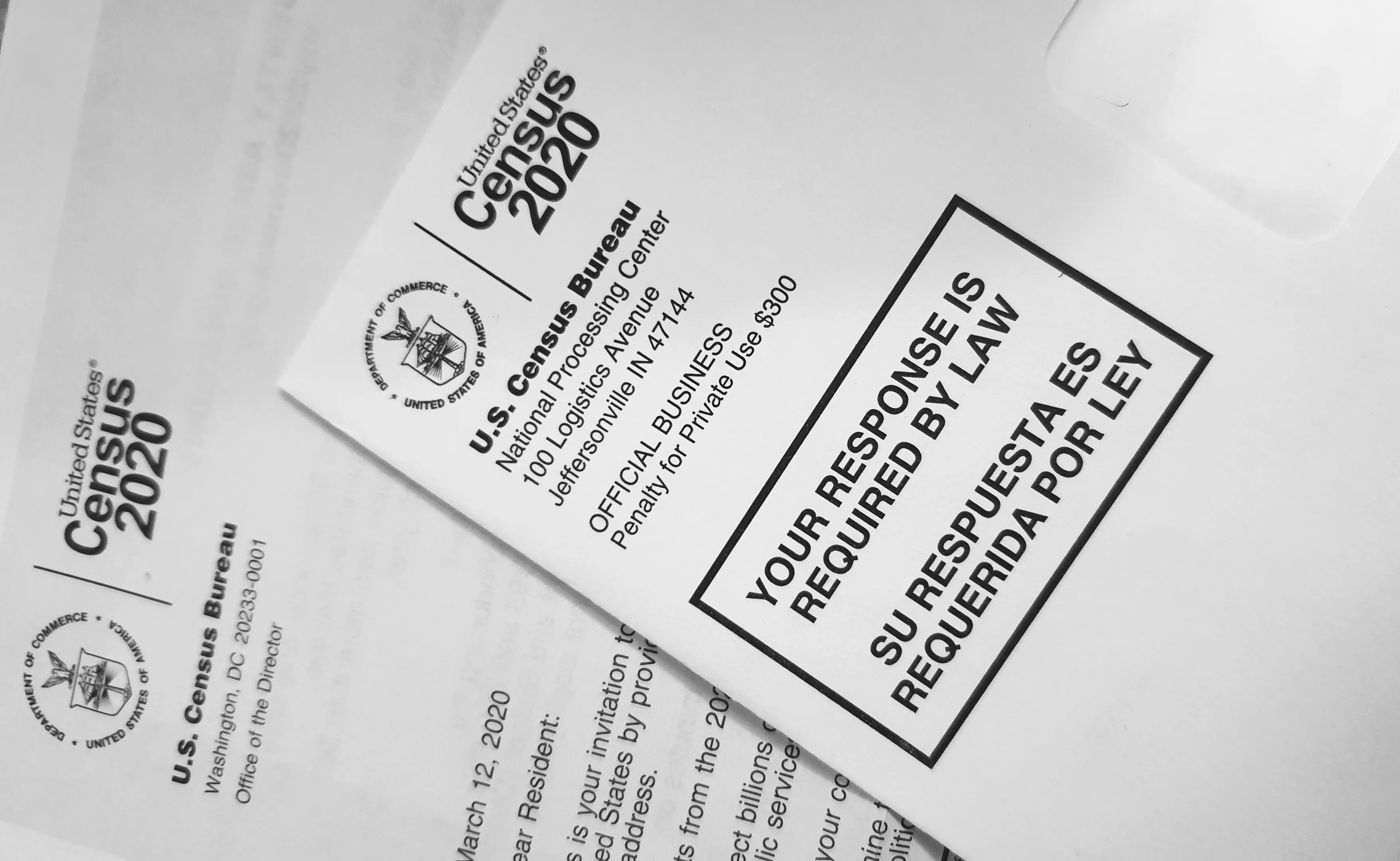
Photo by Enayet Raheem on Unsplash

Audio By Carbonatix
Last week, Texas came out on top after the U.S. Census Bureau announced it’d be gaining two seats in the House of Representatives – more than any other state. In the coming months, lawmakers will redraw the state’s current congressional map to make room for those new districts.
Many political experts predicted the state would’ve gained an additional seat, but that prospect was ruined by an undercount. Critics believe former President Donald Trump’s anti-immigrant rhetoric and his push to include a census citizenship question scared away many Latinos from participating.
“We’ve seen in previous decades how the Texas Legislature has discriminated against these communities by not giving them proportional representation, and with practices that have a discriminatory impact, such as prison gerrymandering,” Joaquin Gonzalez, a staff attorney at the Texas Civil Rights Project (TCRP), said in a news release.
When politicians redistrict, they’re effectively shifting political power across regions. And with prison gerrymandering, incarcerated populations are counted as part of their facility’s district, rather than part of their home community.
In a report released last Monday, the TCRP warned that prison gerrymandering gives certain districts unfair advantages because prisoners in those areas are not actually part of the community. At the same time, prison gerrymandering reduces the political sway of prisoners’ home communities.
A small number of rural regions stand to gain a disproportionate amount of political power in Texas to the detriment of urban areas and other rural regions, the TCRP wrote in the report. Such underrepresentation exacerbates socioeconomic disparities rooted in race-based discrimination.
“It is incumbent on the people of Texas … to demand fair representation and a transparent redistricting process.” – TCRP staff attorney Joaquin Gonzalez
Historically, the U.S. Census Bureau only counted imprisoned people at their facility because of administrative reasons rather than legal ones, the report continued. Now, for the first time, the bureau will “make it practical for states on tight timelines to assign incarcerated individuals to their home communities.”
The TCRP tweeted last week that as of this February, 112,000 Texans are jailed in state prisons. Around 70% of that population will have returned to their communities before the next census, and nearly a third will be back home before the Texas Legislature starts drawing maps later this year.
Here’s some takeaways: Around 112,000 people are incarcerated in Texas state prisons as of Feb. 2021. Nearly 70% of those will be returned to their communities before the next Census. More than 30% will be returned before the #txlege even begins to draw maps this year. (2/4)
— Texas Civil Rights Project (@TXCivilRights) April 26, 2021
Prison gerrymandering can especially harm certain urban areas, according to the TCRP. In 2011, Harris County lost a seat in the Texas House of Representatives at the expense of Houston communities of color.
The census found that Texas’ population increased to 29,183,290, and each House district will hold 761,169 people, according to the TCRP. Complete redistricting data won’t be available until the fall. Since the state’s regular legislative session will have already ended, a special board including five of the state’s top Republican lawmakers could be in charge.
When it comes time to redrawing the districts, Texas lawmakers should be open to transparency, TCRP’s Gonzalez said.
“It is incumbent on the people of Texas … to demand fair representation and a transparent redistricting process,” he said.